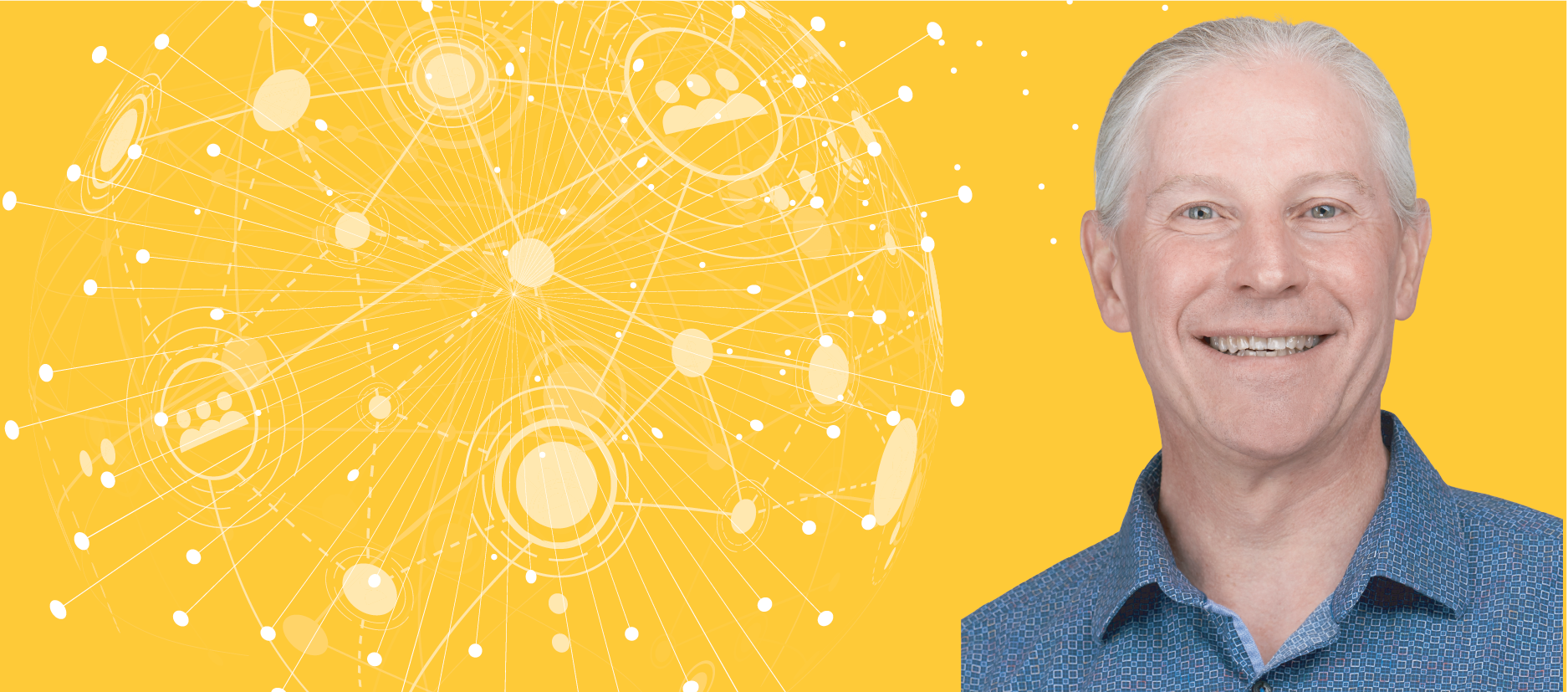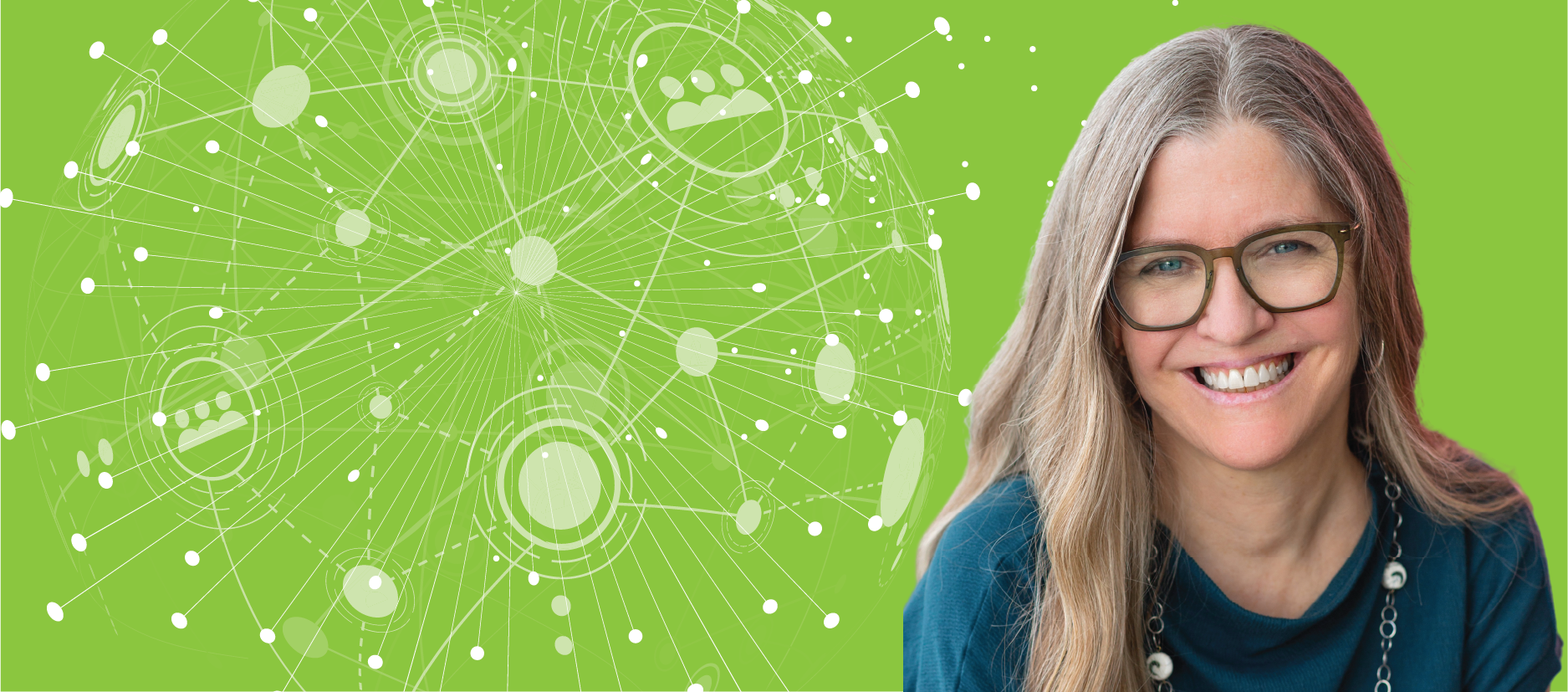The Ecosystem Project – Book

Note: this link will open a new tab and take you to the Sierra Learning Solutions website.
Where you can find the print edition:
(This section will be updated as more book sellers carry the book)
The Ecosystem Project offers a groundbreaking approach to navigating complexity and making real, lasting change in human systems.
Too often, leaders face challenges that are overwhelming in scope, interconnected problems that defy simple fixes. The default is to focus on what can be controlled: launching initiatives, tweaking processes, or applying “best practices.” But in complex ecosystems, these problem-to-solution moves often stall, backfire, or quietly erode the very purpose they aim to serve.
Drawing on decades of experience in design, strategy, and organizational change, Rob Brodnick and Karyn Zuidinga introduce a practical, flexible method for illuminating and transforming human ecosystems. Rather than forcing change through top-down plans, this method engages multiple perspectives to make the invisible visible, revealing patterns, relationships, and leverage points that are otherwise overlooked.
Through a series of accessible canvases and guided conversations, The Ecosystem Project equips leaders, teams, and communities to:
- See the system as it truly is, not just as it appears from one vantage point.
- Work across four orders of complexity: transactional, functional, strategic, and ecosystemic.
- Engage diverse stakeholders in sensemaking and action.
- Prepare for collective action across the ecosystem.
- Sustain momentum in times of uncertainty through adaptation.
- Move toward ecosystem stewardship to benefit everyone engaged.
With vivid examples and a step-by-step process, The Ecosystem Project is both a field guide and a catalyst. Whether you are a CEO, community leader, or change agent, it will help you navigate the messy and difficult work of transformation-and move your ecosystem toward a better fit for purpose.

About the authors:
Rob Brodnick, Ph.D.
Rob has led learning organizations across diverse industries for much of his career. Over three decades as a university administrator, he served three institutions, also teaching organizational leadership, innovation, and change at the undergraduate, graduate, and doctoral levels. He has extensive experience facilitating activities for leadership teams, boards, and organizations of all sizes, from small groups to large-scale events. Rob also served as Executive Leader for the Association for Managers of Innovation and as a Board Director for several organizations. As founder of Sierra Learning Solutions, he actively consults, deploying tools and solutions to support organizational, individual, and systemic change. His work on The Ecosystem Project culminated in a book exploring transformative tools for ecosystems. Rob holds a Ph.D. in Psychoeducational Processes from Temple University.

Karyn Zuidinga
Karyn has spent her career at the intersection of research, design, and strategic innovation, equipping her with a deep understanding of how systems shape outcomes. As a seasoned UX researcher and innovation strategist, she has helped organizations across industries navigate complexity, uncover hidden patterns, and design for meaningful change. She founded one of Vancouver’s first UX consultancies, working with global brands to translate human insights into actionable strategies. With a deep commitment to the people within systems, Karyn uses research and design as tools to reveal underlying dynamics, identify opportunities, and create pathways for more effective and sustainable change.
Note: this link will open a new tab and take you to the Sierra Learning Solutions website.
What is The Ecosystem Project?
In 2023, when Rob Brodnick (Project founder, Positive Turbulence Podcast Cohost) invited me to collaborate on writing and designing a book about systems change and navigating complexity, I was in before he got to the end of the sentence. I had seen firsthand how difficult systems change can be and the consequences of not engaging at that level, using transactional tools to solve systems challenges.
Rob’s vision was threefold:
- Create a community around the work and engage some of the best systems thinkers and complexity theorists in North America to help develop both the theory and practice
- Develop a series of canvases, like the business model canvas, to work with internal teams to help both sense and illustrate their ecosystems
- Engage with partners who had an ecosystemic challenge where, through reciprocity, we would work with them for free if they permitted us to publish the result as a case study in the book.
We engaged well over 100 scholars, practitioners, and seasoned experts to help refine our ideas through our creative community concept. The first phases of work focused on discovery and research to build a robust framework and toolbox for depicting ecosystems and exploring ecosystem dynamics. Then we collaborated with several partners to develop ecosystem depictions so they can explore opportunities to improve what they do and innovate. We now have a well-honed theory, toolkit and case studies in a book.
We also have an incredibly effective consulting practice that helps organizations shift the ecosystems they are a part of.
